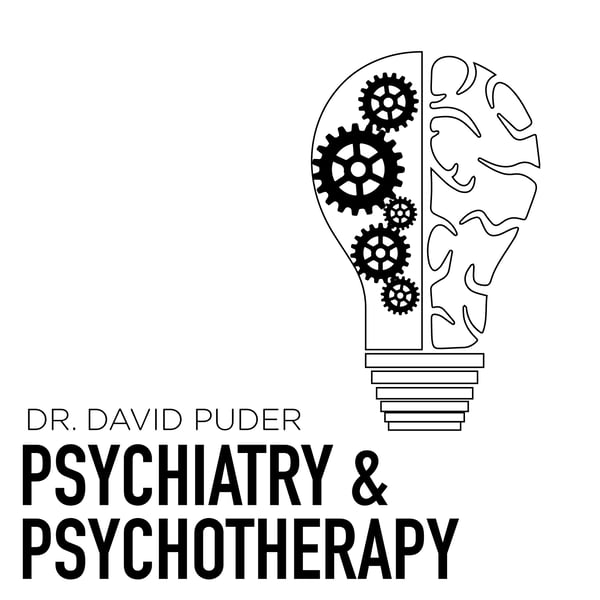Exercise as a Prescription for Depression, Anxiety, Chronic Stress (like Diabetes) and Sensorium
Psychiatry & Psychotherapy Podcast
David J Puder
4.8 • 1.3K Ratings
🗓️ 23 March 2018
⏱️ 37 minutes
🧾️ Download transcript
Summary
Western society faces is the most unhealthy we’ve ever been. It’s reached epidemic proportions: depression, anxiety, poor focus and sensorium issues, chronic stress, and diseases of chronic stress (like diabetes). The solution is simple—exercise and healthy eating.
In this episode, I will be going through 17 studies on how exercise influences and improves these factors. I will cover how it works, and how to develop an exercise program from the perspective of a doctor, not just for body sculpting.
Some things I am covering:
Strength training decreases depression
Strength training increases cognitive function
Fitness decreases risk of dementia
Exercise increases BDNF
Strength training and exercise in treatment for diabetes
For PDF with citations: https://psychiatrypodcast.com/my-resources
Post questions and comments on Instagram: dr.davidpuder
Twitter: @DavidPuder
Facebook: DrDavidPuder
Transcript
Click on a timestamp to play from that location
| 0:00.0 | Welcome to the Psychiatry and Psychotherapy Podcast. The podcast to help you in your journey |
| 0:06.0 | towards becoming a wise, empathic, genuine and connected mental health professional. |
| 0:11.0 | I'm your host, Dr. David Puder, a psychiatrist who splits his time practicing psychopharmacology, |
| 0:17.0 | individual and group psychotherapy, medical director of a day treatment program, |
| 0:21.0 | medical education research, and teaching residents and medical students. |
| 0:31.0 | Alright, and welcome back to the Psychiatry and Psychotherapy Podcast. |
| 0:36.0 | And today I am going to go into a topic of prescribing exercise for depression, anxiety, |
| 0:44.0 | chronic stress, and diseases of chronic stress, like diabetes, hypertension, heart disease, |
| 0:50.0 | chronic pain, and the list goes on. And the problem that we face in our culture |
| 0:57.0 | is we have chronic stress. We are constantly on the go. And this leads to all sorts of issues. |
| 1:08.0 | And what I mean by that is people are not dying of infections anymore. |
| 1:12.0 | Your uncle and your parents probably did not die of Lyme disease. They did not die of, you know, leprosy. |
| 1:23.0 | They did not die of, you know, some infection. What they probably died of was something like heart disease, |
| 1:30.0 | hypertension, cardiac disease. Something like this is a disease of chronic stress. |
| 1:37.0 | And the chronic stress systems go on and they go on, and they lead to a breakdown of usually one organ to start with. |
| 1:46.0 | And then subsequently it keeps going as we medicate the first organ. |
| 1:53.0 | And I think depression, anxiety, fatigue, previously I talked about issues of sensorium. |
| 2:00.0 | And this is very, very important to understanding some of the things that we face. |
| 2:05.0 | So in this article, I am going to go through 17 studies. |
| 2:10.0 | Some briefly some more time. I will put this all on my website if you follow the link to psychiatrypodcast.com. |
| 2:17.0 | And you can download the PDF from there. And what I'm going to go through is the 17 studies. |
| 2:28.0 | I'm going to go through some of my knowledge from my experience. And I am going to point towards what you can do to start out |
... |
Please login to see the full transcript.
Disclaimer: The podcast and artwork embedded on this page are from David J Puder, and are the property of its owner and not affiliated with or endorsed by Tapesearch.
Generated transcripts are the property of David J Puder and are distributed freely under the Fair Use doctrine. Transcripts generated by Tapesearch are not guaranteed to be accurate.
Copyright © Tapesearch 2025.

